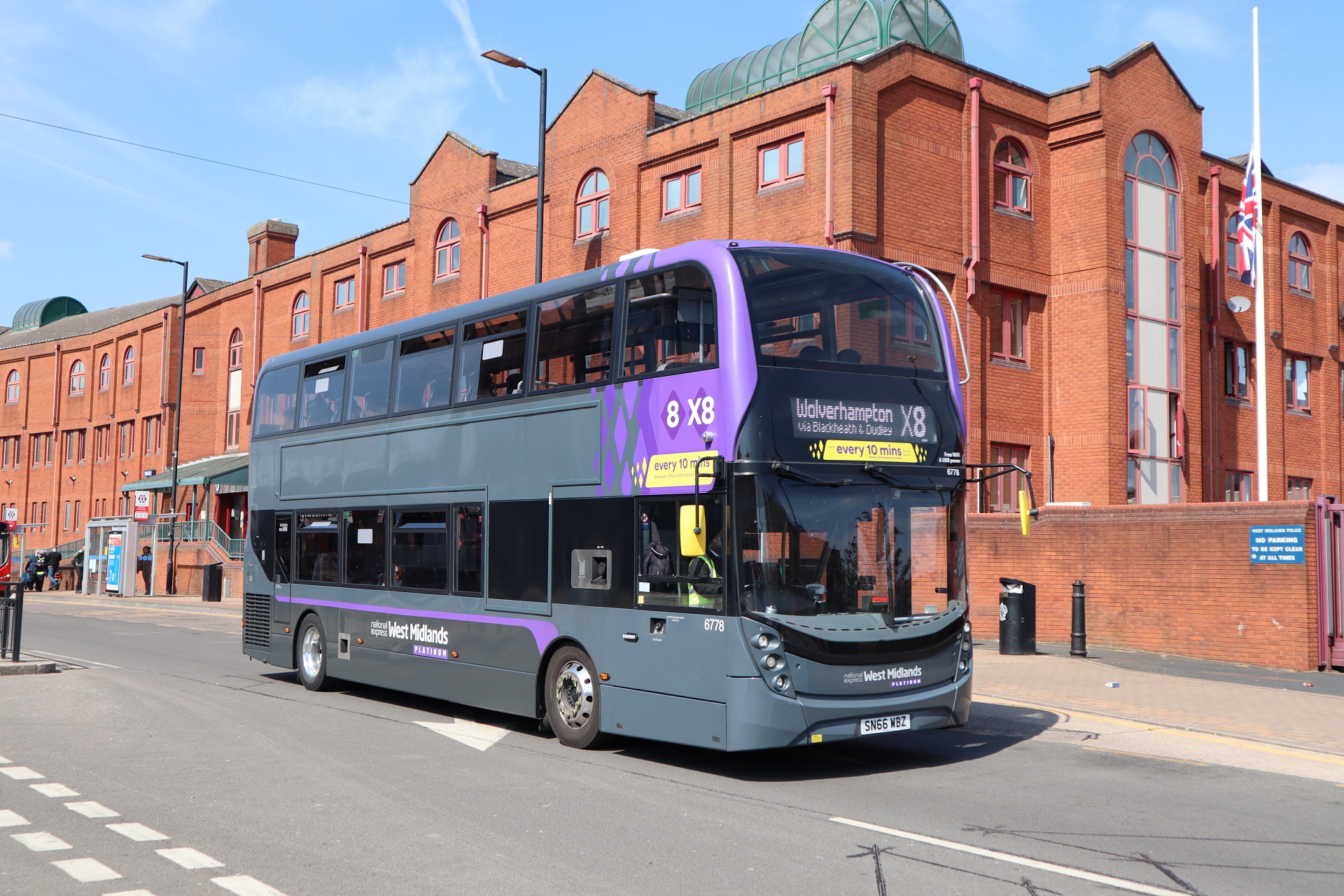Over 130 bus operators in England outside London have accepted the Bus Fare Cap Grant (BFCG) offers put to them by the Department for Transport (DfT) and will thus take part in the capped £2 fare scheme between January and March 2023.
The Department estimates that BFCG will take “an estimated two million cars off the roads” for the duration of the scheme. DfT has also underlined its position that the Grant will assist operators’ recovery, a claim that has been repeatedly questions by some in the industry. They have aired worries over whether the £60m allocated will permit appropriate reimbursement.
A list of participating operators has been published by DfT, but it is understood not to be complete and that missing operators will be added in due course.
However, DfT has again hinted that further support for the sector outside London may follow the end of BFCG and the planned termination of Bus Recovery Grant after 31 March 2023. Secretary of State for Transport Mark Harper told the Transport Select Committee on 7 December that the government was considering its options beyond that date.
In announcing the number of participants in BFCG, the Department has confirmed that it “will continue to work closely with bus operators and local authorities (LAs) and consider future support to help passengers continue accessing reliable and affordable bus services after March.”
Speaking about BFCG, National Express UK CEO Tom Stables says: “More people using buses is good for the economy, environment and wider society. We know that great value, low fares encourage people to switch to the bus, so [we] are proud to join this scheme.”

Stagecoach will offer the £2 bus fare cap where applicable, although some of its services in England are already subject to similar locally funded schemes.
UK Managing Director Carla Stockton-Jones has welcomed the introduction of BFCG, but she says that other measures are also necessary to help improve bus services.
“Fares are just one tool that can make buses more attractive. We also need a focus on priority measures that will keep buses out of congestion, speed up journey times, help to keep fares low and ensure that buses are reliable, factors that we know are important for passengers and which we are actively working with local and national government on.”
To support its introduction of BFCG, DfT says that work in Cornwall that saw bus fares reduced from April “has already seen a significant increase in passenger numbers.”
But Centrebus Director Julian Peddle recently questioned the exit strategy of BFCG, saying that after its end on 31 March 2023 a sudden return to previous fares could lead to a backlash from customers.
The £2 capped fare will apply to services provided under the Rural Mobility Fund and those that are tendered and where the operator does not claim BSOG. In what is understood to have been an oversight, BFCG did not initially include a mechanism to capture the latter. An additional provision, where LAs are reimbursed directly for each ticket sold, has since been developed for those circumstances.



























